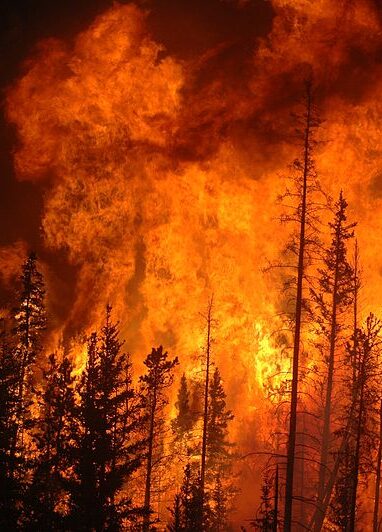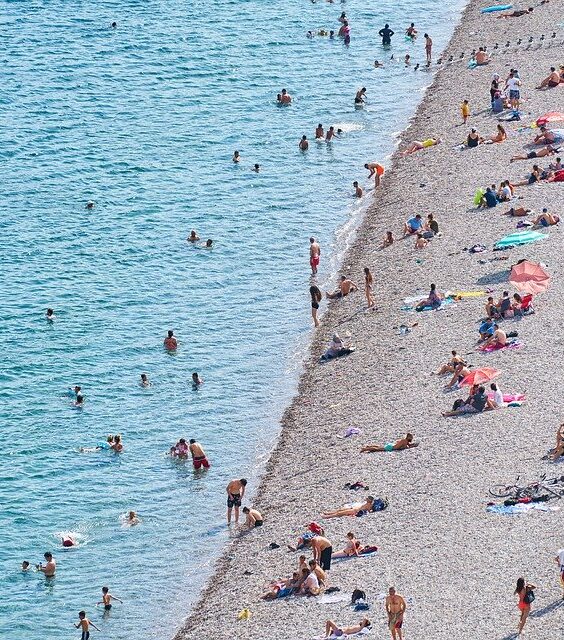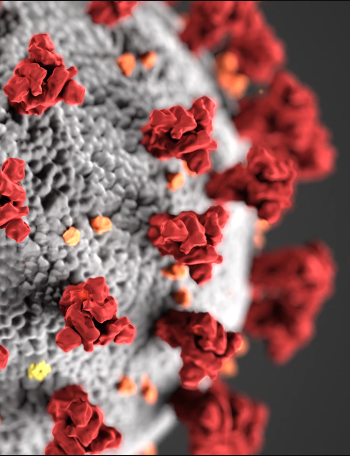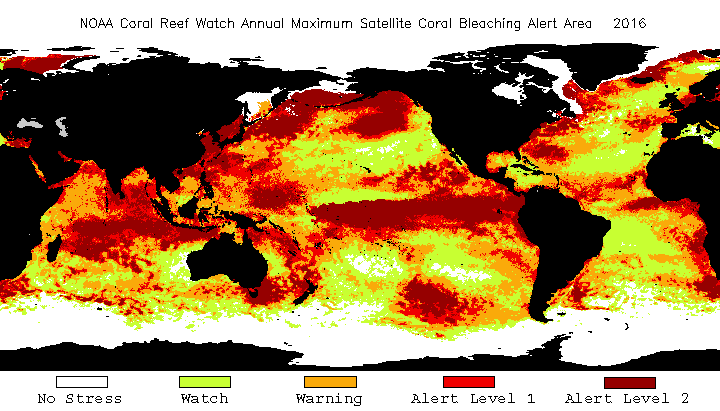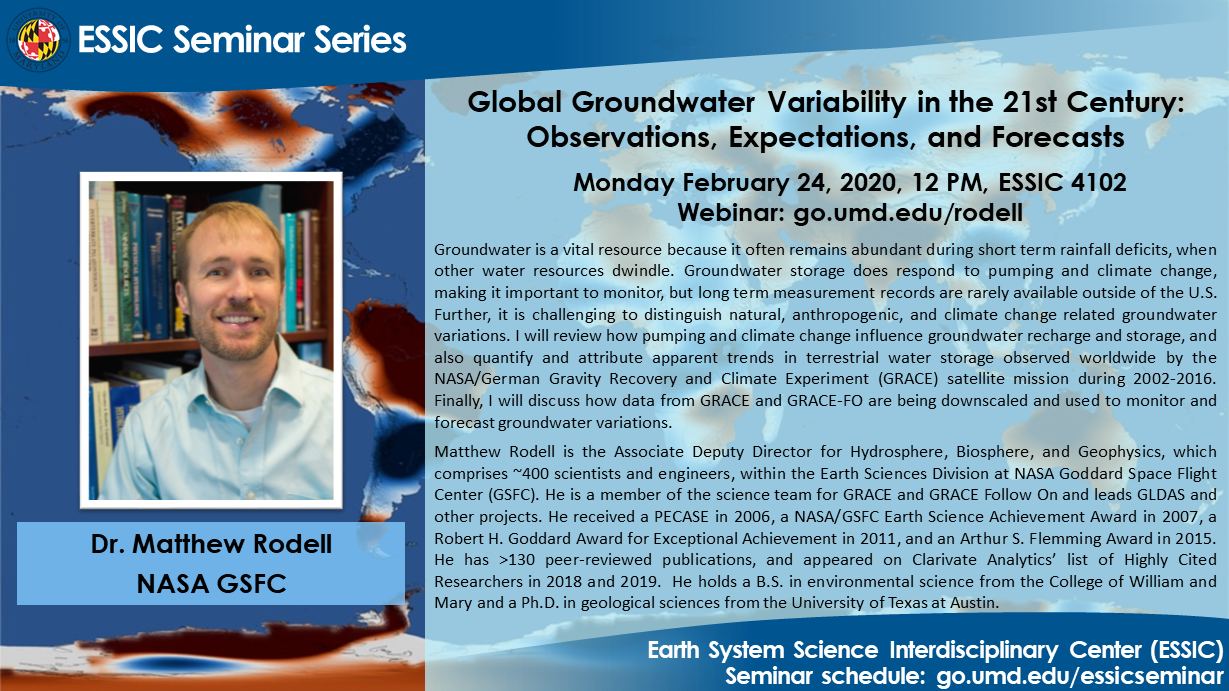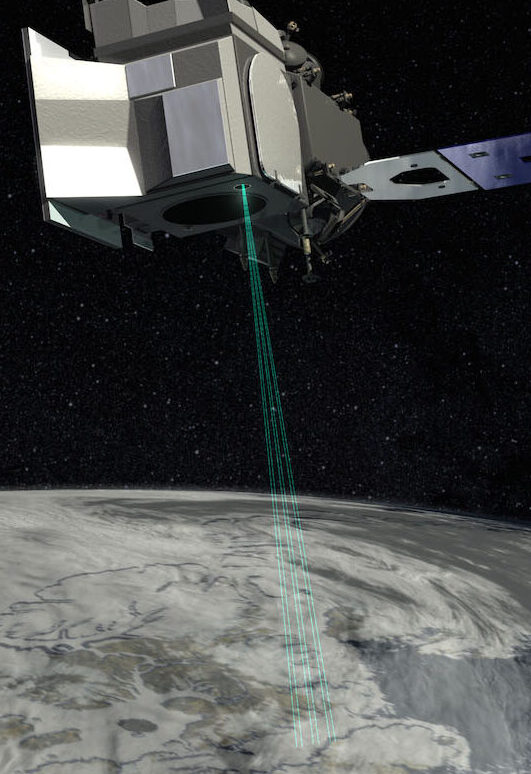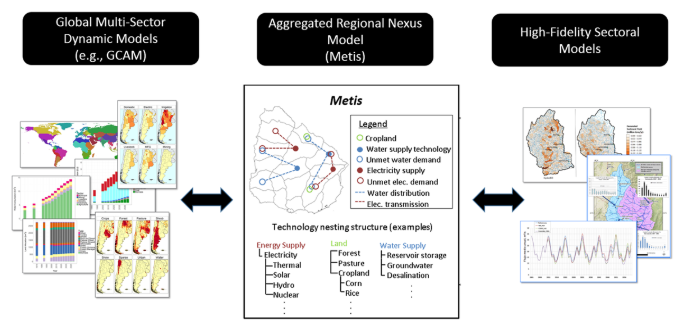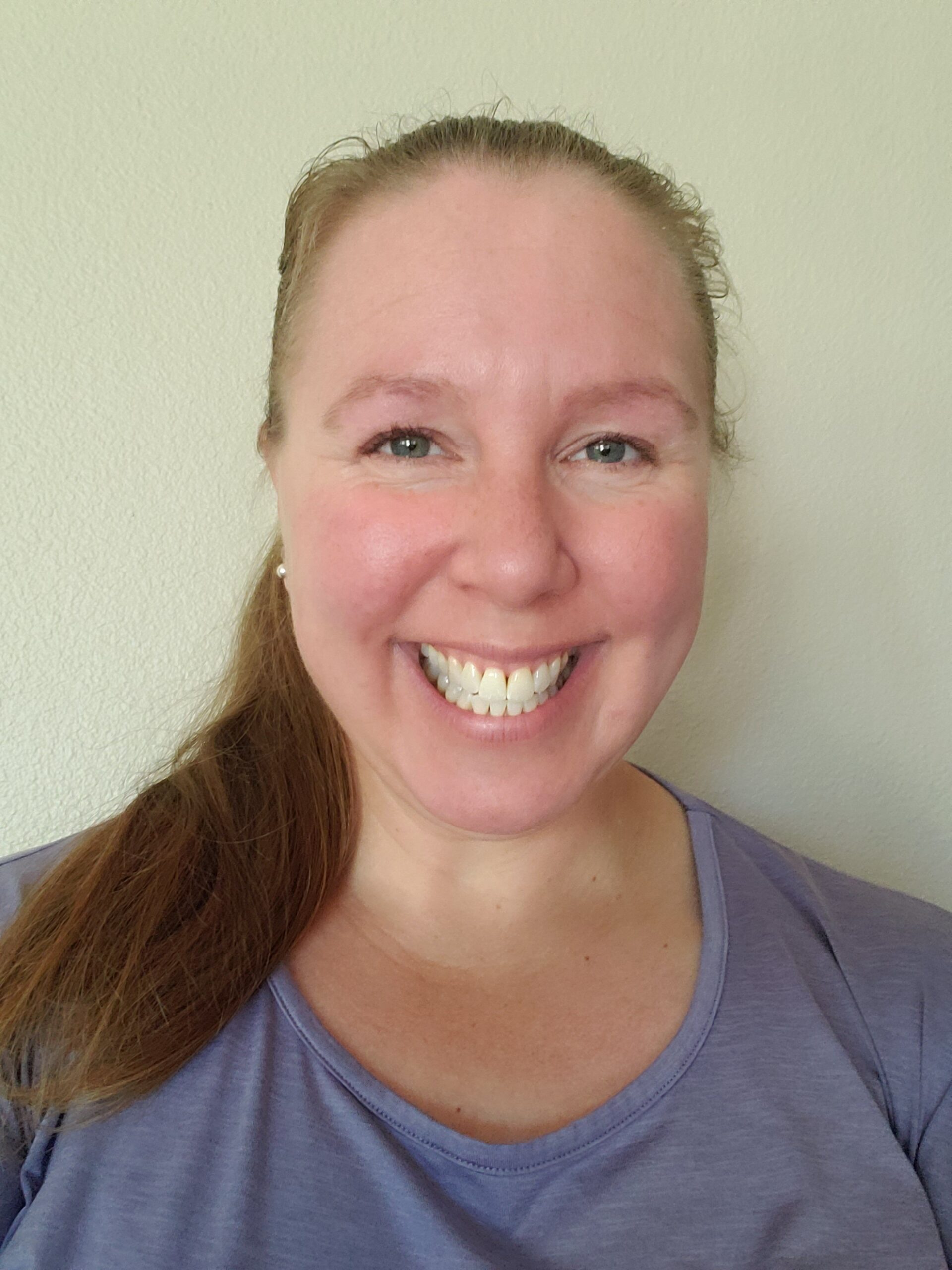
Jacqueline De La Cour Secures $4 Million For Coral Reef Watch
Last month, ESSIC/CISESS Senior Faculty Specialist Jacqueline De La Cour received a commendation from the NOAA/NESDIS/STAR Satellite Oceanography and Climatology Division for her work to secure full funding totaling almost $4 million for the NOAA Coral Reef Watch (CRW) for fiscal years 2021-2023.

